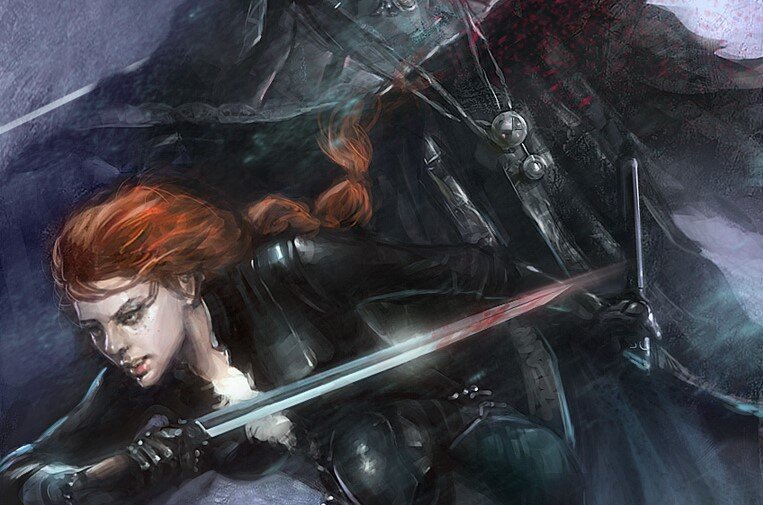Legend: An Archive
archivist’s preface
The post that follows this note is a post-mortem on the first major independent table-top roleplaying game project headed by one of our members. Legend RPG was, at the time, what became of a series of build challenges for Dungeons & Dragons 3.5 edition presented on the Giant in the Playground forums. The community thrived on finding, building, and exploiting all kinds of wacky hijinks present in the rules at the time - it was the kind of place where people would spend whole weeks poring through the mountains of released content to find the exact interactions between classes, items, and spells to allow you to strike down a dragon at level 3. Jacob Kurzer, under the nom de message board Doc Roc, adjudicated these Tests of Spite to much thrill and delight of these keyboard warriors (and mages, and rogues, and so on), and eventually he, with the help of several other members of the boards, codified the rules that had been put in place for the Tests of Spite, saw that with a little nudging this could actually function as a jumping off point for 3.5 Dungeons & Dragons into a new game under the Open Game License, and released it with all proceeds benefitting the Child’s Play charity. What came of those efforts is best left to Jake’s own words.
-Adam
This will never get easier to write.
I’ve put it off for almost a decade. Now’s fine.
This is almost certainly the permanent home for the now quite old Legend RPG. It was one of my first really big creative projects, and I was helped in making it by a really incredible team of people who came together to build something really exceptional. If I’m honest, I was carried through the process and contributed only a bit myself. The team really made the game. We’ve moved on, though, for the most part. While things didn’t quite pan out how we hoped, with over a hundred thousand pdfs out in the wild, it seems to have brought a lot of joy to a lot of people.
On a technical note, the state of TTRPGs has advanced considerably. Many of the features that made Legend RPG distinctive are now present in some form or another in mainstream titles. A few are not. If you are a designer, I hope you’ll find something interesting in it. If you are a player or GM, thank you again for spending time with our little game. It really makes me happy.
If you’d like to give it a try, I’ll be building out an archive of all the files necessary to play Legend RPG, as well as some of the astonishing community’s work, as we figure out any rights issues. [Archivist note: This is now available via the Discord server, linked below.] For now, here’s the 1.1 PDF of the core book, the Hallow setting, an adventure module, and the fillable character sheet. Finally, you can go to the Discord server for a still-thriving player base.
Whoever you are, you’re wonderful.
-Jake

